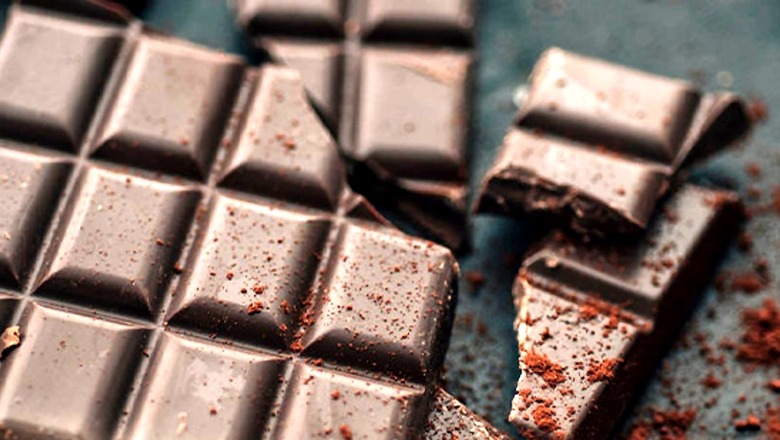
views
Believe it or not but nutrition myths go around in WhatsApp groups and email chains and all of us have been witness to it. So much so that we start believing in them as the absolute truth. And some are so widely accepted that it’s impossible to shrug it off. For instance, processed sweets, we all know they are bad for our teeth and health but humans love to explore ways to make it less unhealthy. And we all suffer from some more ingrained misconceptions about foods.
Are you the one who believes in the popular notion-all packaged foods are bad for health? Look closely and find the real truth. It’s time to clean out your fridge, toss the food myths into the trash and replace them with the real truths about the food we eat. Let’s set the record straight about such common myths.
MYTH: Raw Foods Are Always Better Than Processed Ones
FACT
The number of nutrients you get from vegetables can differ for several reasons, such as how long you store them and how you cook them. Cooking can sometimes increase the number of nutrients available to the body. “This myth is false. Although fruits and some of the vegetables are better eaten raw, there are many other foods that need minimal processing to be edible. Minimally processed foods are natural foods that have undergone either drying or crushing or grinding or powdering or boiling or pasteurising, etc, before placing them in containers or vacuum packing. These processes help to make them suitable for storage or safe or edible. A couple of examples are roasted channa, powdered coffee beans, frozen peas.,” says Sheela Krishnaswamy, Nutrition and wellness consultant and member of superfoods valley scientific council.
MYTH: All Processed Foods Are Not Nutrient-Dense
FACT
Today, packaged food consumption is becoming a daily practice, whether it’s with your morning tea or as an evening snack. Even staples like milk, pulses, and wheat flour are packaged foods. While there are ultra-processed foods in the market laden with not-so-good ingredients like high salt, sugar, fat, and additives, there are responsible manufacturers also who create nutritious packed food options for customers. “Food authority in India (FSSAI) ensures that every packaged food label has a nutrition table and ingredient list mentioned which can be your guide to choosing better products,” says Amarpreet Singh Anand, founder, Superfoods Valley. For example, a packaged 100% fruit juice of brand X is better than that of brand Y as it has just 6g of total sugar per 100ml vs 16g in the other, as declared in the nutrition table.
MYTH: Dark Chocolate Equals To Eat As Much As You Want
FACT
Chocolate is made from cocoa derived from cocoa beans, which contain antioxidants called polyphenols. Cocoa contains antioxidants and generally, the more cocoa in a product, the more antioxidants. That’s why dark chocolate is a more nutritious option. Despite its benefits, dark chocolate is still high in fat and sugar and should be considered a treat to be enjoyed in moderation. This means when you want to indulge, do so using a small amount of high-quality chocolate and savour every bite.
Read all the Latest Lifestyle News and Breaking News here
















Comments
0 comment